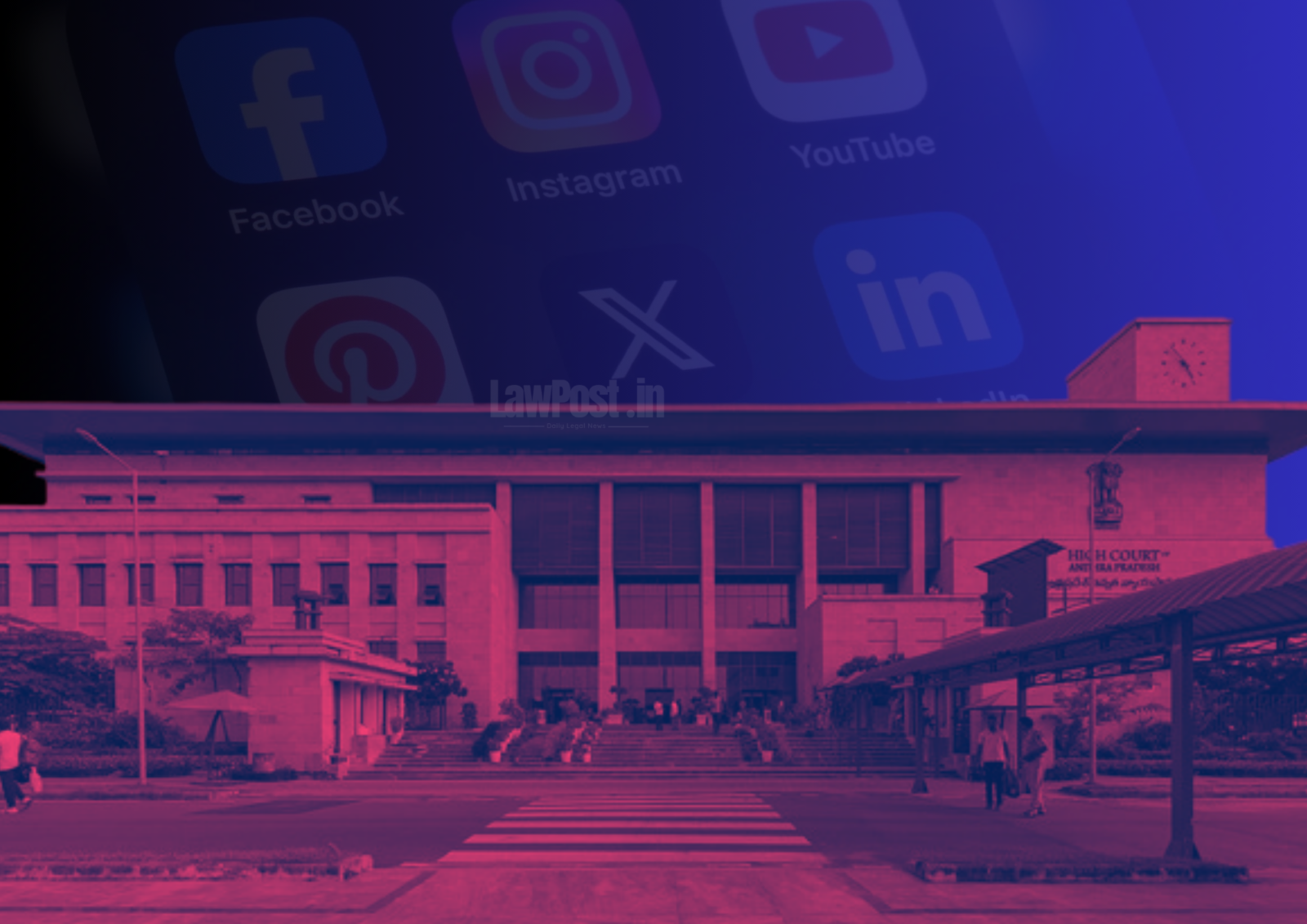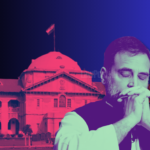In a significant judgment, the Andhra Pradesh High Court has drawn a firm line between legitimate government criticism and harmful social media misuse. The Division Bench of Chief Justice Dhiraj Singh Thakur and Justice Ravi Cheemalapati underscored that individuals who use social media to spread hatred, misinformation, and vulgar language cannot be termed “social media activists.”
The court emphasized, “There is certainly a distinction between a critic of the Government who expresses himself or herself on social media and a social media bully, who uses the platform to bully an individual, an officer, or a person in authority by spreading false information, maligning the character of a person or his family members by use of unparliamentary language which at times may be vulgar.”
This observation came as the court dismissed a public interest litigation (PIL) petition alleging indiscriminate arrests of social media activists by the police. The court imposed costs of ₹50,000 on the petitioner, deeming the PIL politically motivated and misconceived.
Highlighting the toxic impact of hate-filled online comments, the court remarked, “The toxicity of such comments has a devastating effect on law-abiding citizens, who may suffer a targeted attack under a well-organized strategy.” It further stated, “Such persons using the social media platform cannot be said in the least to be social media activists.”
The court clarified that while social media provides a platform for free expression, it does not offer immunity for speech that constitutes a legal offense. “A social media platform does not give any immunity to a person from whatever is said in the social media which otherwise constitutes an offense in law. On the other hand, such elements need to be dealt with in accordance with law especially those who are available as ‘guns for hire,’” the court noted.
The bench also reflected on the original purpose of PILs, stating that they were designed to address issues affecting the underprivileged, such as bonded laborers and marginalized communities. It stated, “A community of social media activists cannot be said to be either marginalized or economically handicapped.”
Defining social media activism, the court observed, “A social media activist is a person who is well informed and aware of what goes on in the society and has the capacity to criticize the acts of omission or commission of those in power or authority.”
The court noted that those allegedly affected in the cases cited by the petitioner had already pursued legal remedies, making the PIL unnecessary.
As a result, the court dismissed the PIL, directing the petitioner to deposit ₹50,000 with the Andhra Pradesh State Legal Services Authority within a month. The funds are to be used for the welfare of children with visual or hearing impairments.
“The petition is, accordingly, dismissed with costs of ₹50,000 to be deposited with the A.P. State Legal Services Authority within one month, who shall utilize the same for the benefit of children, who are suffering from visual or hearing impairment,” the court concluded.








